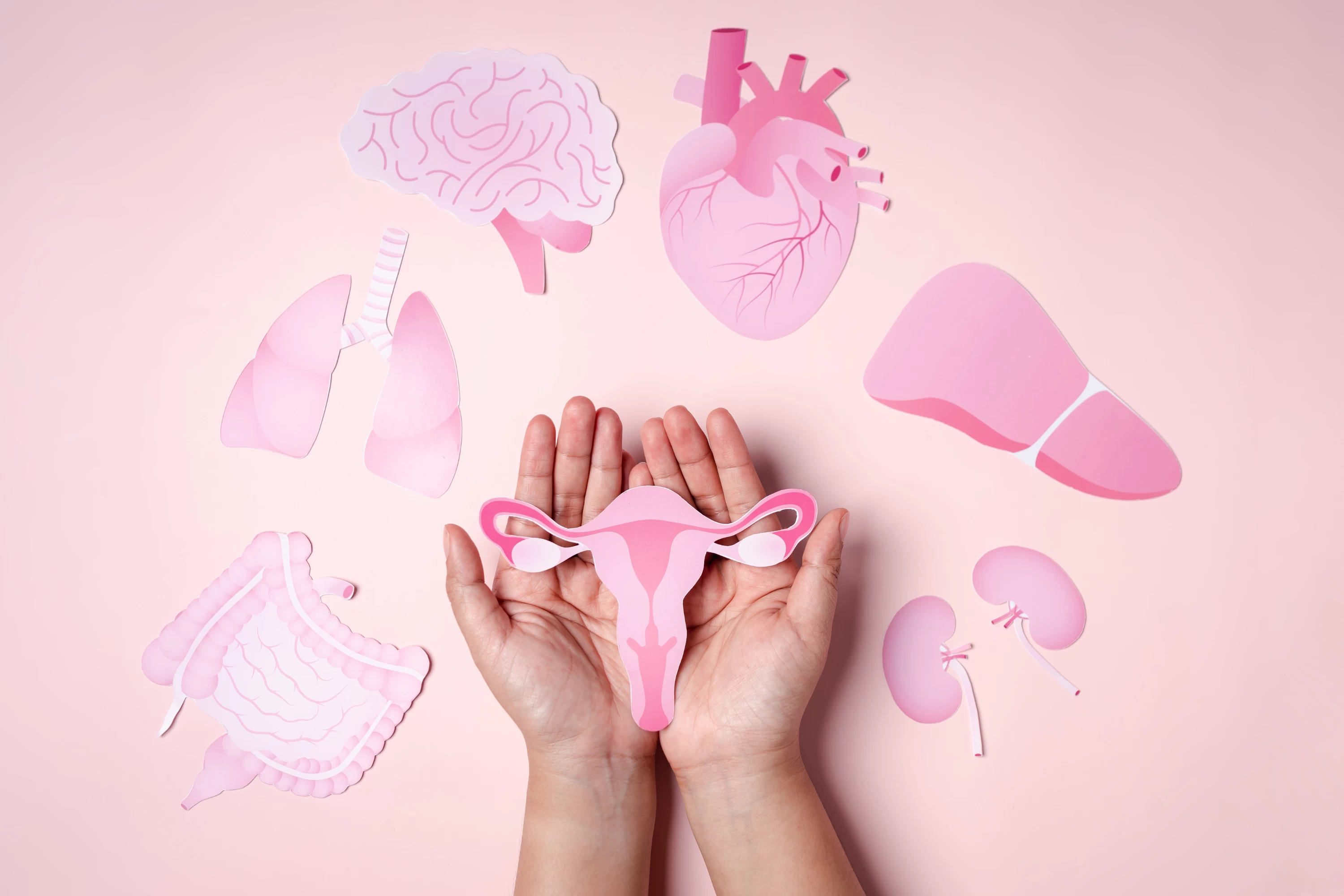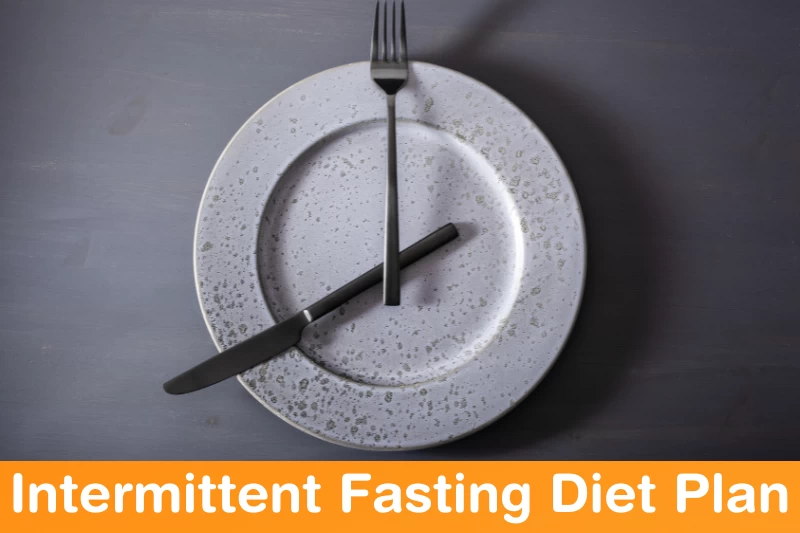
- 17th April 2023
Table of Contents
Intermittent Fasting
The popularity of intermittent fasting as a diet strategy has prompted growing concerns about its potential negative effects on women's health. Although research has shown that intermittent fasting can help people lose weight and keep their blood sugar under control, it may have unfavourable effects on women's hormones and menstrual cycles. Prolonged fasting can put a strain on the body, and some women may notice their periods becoming irregular or even stop altogether (amenorrhea). Women who want to improve their health can still benefit from intermittent fasting if they plan ahead and stick to a healthy, balanced diet during the eating window. Before beginning an intermittent fasting regimen, women should speak with their doctor to make sure it is safe for their specific health needs. Moreover, it is possible to lessen the negative effects on hormone levels by including nutrient-dense foods like lean proteins, whole grains, fruits, and vegetables during the eating window. Maintaining normal hormone levels while reaping the benefits of intermittent fasting is facilitated by staying hydrated and avoiding excessive exercise during the fasting period.
Health Benefits
The practise of intermittent fasting (IF) has grown in popularity in recent years. Some women have found success with IF for weight loss, but the diet's advantages extend far beyond that. Blood sugar regulation relies on insulin sensitivity, which has been shown to increase with intermittent fasting. Type 2 diabetes and other chronic diseases may be avoided in this way. There is evidence that intermittent fasting can slow the ageing process as well. When you fast, your body initiates autophagy, a process that removes dead or damaged cells and promotes the growth of new ones. By doing this, cellular health is improved and ageing is slowed. Brain-derived neurotrophic factor (BDNF) aids learning and memory formation, and IF may boost its production. It's important to note that not everyone can benefit from intermittent fasting's numerous health advantages. Women who are expecting or currently breastfeeding should avoid IF because it may interfere with their body's ability to provide adequate nutrition and milk. Women with a history of eating disorders should also exercise caution before beginning an intermittent fasting programme and should get medical clearance first.
Risks for Women

Women everywhere are turning to intermittent fasting as a means to shed extra pounds. There may be adverse effects from following this diet plan. The potential for it to alter oestrogen levels is a major cause for concern amongst females. If not treated, this can lead to infertility and irregular menstrual cycles. The possibility of nutrient deficiencies is another danger of intermittent fasting for women. Because of the time constraints imposed by this diet plan, getting enough of the nutrients the body needs may be difficult. Women on an intermittent fasting diet need to put extra thought into their meal planning to make sure they get enough of the right nutrients. Finally, an intermittent fasting diet may have unfavourable mental health consequences for some women. Adhering to strict eating schedules and calorie restrictions can be challenging, and may cause feelings of deprivation or guilt if the fast is broken or if more food is consumed than allowed during feeding periods. If a woman has ever struggled with an eating disorder or has a family history of one, she should talk to her doctor before beginning an intermittent fasting programme.
Tips for Success
One of the most important pieces of advice for successful intermittent fasting is to take things slowly and gradually at first. This entails gradually increasing the length of your fast from a starting point of 12-14 hours (16-18 hours). Listen to your body and go at a pace that feels comfortable, especially at the outset. Staying hydrated throughout the day, and especially during fasting periods, is another crucial tip for successful intermittent fasting. Consuming large quantities of water can help prevent hunger and fullness. Herbal tea and other low-calorie drinks can be helpful during fasts. Third, remember that it may take some time for your body to adjust to intermittent fasting. Some people may experience rapid weight loss or improved biomarkers, while others may need more time. It's important to be consistent, so give your chosen protocol a few weeks to show its worth before dismissing it.
Research and Studies
Because of its purported health benefits, intermittent fasting has become increasingly popular among women in recent years. Intermittent fasting has been linked to improved insulin sensitivity, decreased inflammation, and weight loss. However, women should proceed with caution when trying this diet because of the potential risks. The potential effect of intermittent fasting on the menstrual cycle is a major concern for women who engage in this lifestyle choice. Long-term calorie restriction, according to some research, can cause hormonal disruption and, in extreme cases, amenorrhea in women (absence of menstruation). Women should talk to their doctors before beginning an intermittent fasting programme. Women who choose to intermittently fast should also take care to consume a balanced diet during their eating windows. That's why it's important to fill up on fruits, veggies, lean proteins, and healthy fats. Intermittent fasting poses risks to maternal and infant health and should be avoided by pregnant and breastfeeding women.















